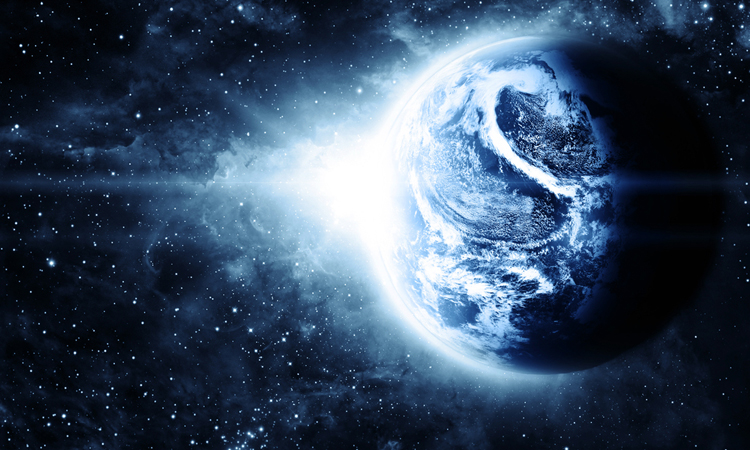
Never before has the doomsday prophet been so closely in line with mainstream science.
Every major environmental messenger these days—including virtually all scientists who study climate change—is reading from the same script. What they have to say is downright scary.
Of course, it’s nothing you haven’t heard before, many times over.
There’s a thickening blanket of greenhouse gases in our skies that is locking in steadily rising global temperatures. Species are being pushed out of existence at a rate not witnessed since the collapse of the dinosaurs. The seas are depleted, filled with plastic, and acidifying, thanks to human industry. Yet international governments have failed time and again to craft concerted aggressive policies to begin to avert these impending catastrophes.
Reasonable fear inspired by such immense challenges—as well as trauma felt by those experiencing the impact of accelerating “natural” disasters—is taking a toll on our mental health. “Global change is as much a psychological and social phenomenon as a matter of biodiversity and geophysics,” a pair of researchers wrote recently, “and poses threats to psychological health and well-being on multiple, simultaneous levels.”
A joint report by the American Psychological Association and the environmental advocacy group ecoAmerica urges emotional preparedness in the face of these colliding storms. To develop community resilience, the report recommends the creation of policies that foster feelings of hope and optimism.
“In a study of low-income mothers who survived Hurricane Katrina, [researchers] found that optimism helped the mothers adjust and grow after a disaster,” it states. “Optimism likely contributes to a person’s ability to feel positive emotions during a hard time, which may help people better recover and cope.”
So how to feel hopeful with so much allied against us?
Kathleen Dean Moore, co-editor of Moral Ground: Ethical Action for a Planet in Peril and professor of philosophy at Oregon State University, suggested several strategies when I spoke with her recently.
First, we must understand that the conflict all around us presages something positive.
The world, Moore says, is in the midst of a paradigm shift. We’re moving from the damaging perspective that sees humans and the natural world as separate to one that recognizes the interconnectedness of all life.
“It’s like tectonic plates grinding against each other,” she said of the shift. “They build up the tension and then they snap. And when they snap, it’s terribly disruptive. That’s the time of shouting and bullies.”
The second thing to realize is that we can stave off despair by giving in to grief.
“There is this huge difference between grief and despair. We are well advised to embrace the grief and absolutely refuse the despair,” she said. “You find ways to express that grief collectively. And in action.”
Once you’ve begun working in your own way to create a positive future, know that you are not alone in your work.
To illustrate this point, Moore shared the story of a friend who was so driven in her efforts to avert climate crisis that she lost her ability to sleep.
“She was killing herself,” Moore said. “Then suddenly she had this insight that as the sun was going down on her part of the [world], it was rising on the other side. Other people were getting out of bed to pick up the work…to create a just and lasting world.”
Researchers, journalists, and activists all know the impact that engagement brings. But a failure to connect can be damaging.
“The real problem with grief isn’t among those who are working every day on this,” Moore concluded. “It’s among those who are turning their backs on it and saying, ‘I just can’t deal with this. I can’t think about it.’ That’s a deeper kind of wormlike grieving that is just terrible.”
To find out about Rose’s thoughts on how to live a happier life, click here



1 Comment